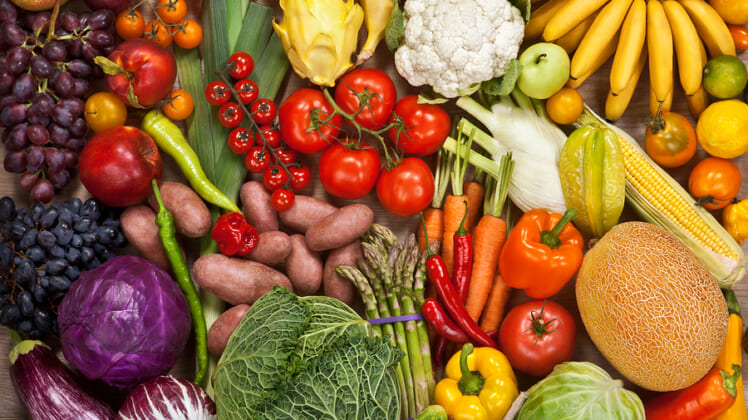
Are you suffering from hypertension? If so, implementing a vegetarian diet may help you reduce your blood pressure. A study was published in the Journal of American Medical Association Internal Medicine that looked into the effects that eating a vegetarian diet had on blood pressure. The authors gathered information from seven clinical trials and 32 other studies that were published from 1900 to 2013. The participants from these trials and studies ate a vegetarian diet. The researchers then measured the net differences in blood pressure the participants experienced.
When measuring blood pressure, systolic (the upper number) is the peak artery pressure and diastolic (the lower number) is the minimum artery pressure. To have a normal blood pressure, your systolic must be under 120 and your diastolic must be under 80. Anything above a 140 for systolic and a 90 for diastolic blood pressure means you have hypertension, or high blood pressure, and it would be a good idea to schedule a consultation with your physician.
Impact of Vegetarian Diet on Hypertension
In all of the previous research that was analyzed, being on a vegetarian diet had beneficial effects on the participants’ blood pressure results. In the seven trials, both the average systolic and diastolic blood pressure reduced compared with eating an omnivorous diet, which includes both plant and animal foods. As for the 32 studies, participants also experienced lower average systolic and diastolic blood pressure when compared with eating omnivorous diets as well.
Other Contributing Factors To Hypertension
The development of hypertension is affected by other factors as well. Not only diet, but body weight, physical activity behaviors, and alcohol intake also can impact a person’s blood pressure. Therefore, it is important to pay attention to these other life habits if you are really wanting to prevent high blood pressure. At least in this case, we know that modifying your diet to be vegetarian has been shown to help prevent and manage hypertension.
Lastly, the authors suggest that further studies must be conducted to determine which types of vegetarian diets produce the greatest advantages with relation to lowering blood pressure. Some different categories of vegetarianism include flexitarian, pescatarian, lacto-ovo vegetarian, and vegan. Each of these have different rules as to what can and cannot be eaten. The authors also state that research into these diets are of great potential value either in public health initiatives or in clinical settings of hypertension prevention.
